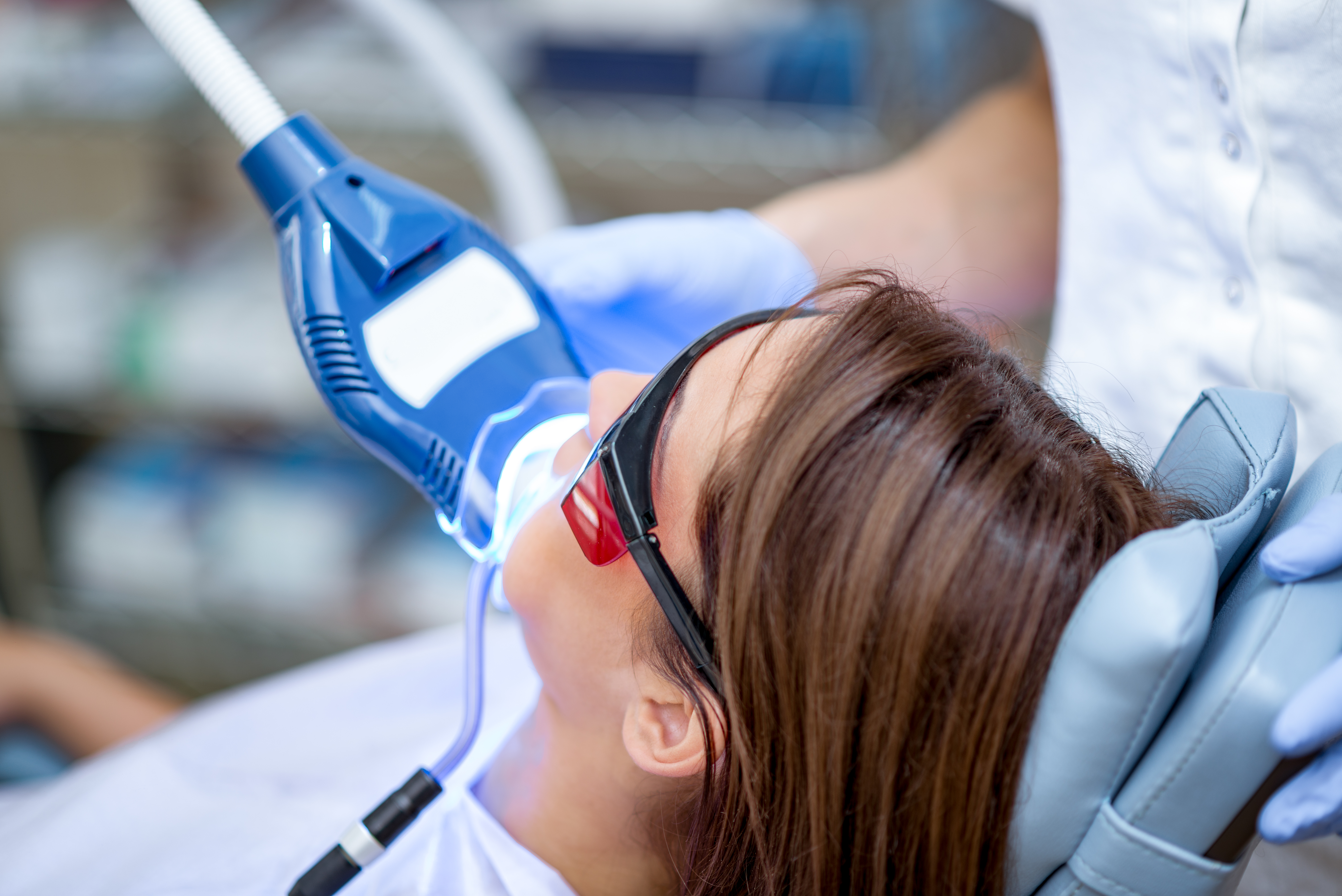Implantology is part of Oral and Maxillofacial Surgery and requires the collaboration of various specialties. It offers a range of therapeutic applications, from simple extractions to more complex surgical procedures.
When tooth replacement is necessary, implants offer a modern solution compared to traditional bridges. Implants, mainly made of titanium, are compatible with the body and replace the root of the missing tooth. The surgery should be performed by a specialized doctor and can be done under local anesthesia or with sedatives for anxious patients.
Implants have evolved using titanium and special surface processing for better adhesion. The technique has significantly improved since its early application, and today, placement is possible even in areas with reduced bone.
Additionally, implants offer the advantage of preserving healthy teeth, as no grinding is required for their placement, and chewing and speech are not affected.
Technology advances, and now the possibility of immediate placement of temporary prosthetic work on the same day of implantation exists. This reduces recovery time and helps patients quickly return to their daily routine.
Postoperative care includes antibiotic treatment and painkillers, with swelling subsiding in a few days. Ultimately, implants provide a permanent solution that can be aesthetically preferable to natural teeth.
3D technology and robotic simulation have revolutionized the placement of implants, allowing for almost automatic adjustments and maximum precision.
Although there are cases where implantation may not be feasible, such as in patients with uncontrolled diabetes or under certain treatments, implants remain a safe and successful choice for the majority of people, with a success rate of over 96%. Implants represent a significant investment in quality of life and self-confidence, offering a beautiful and functional smile.




